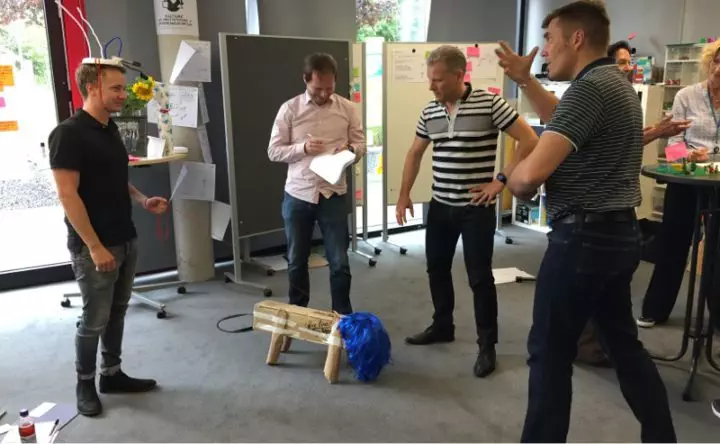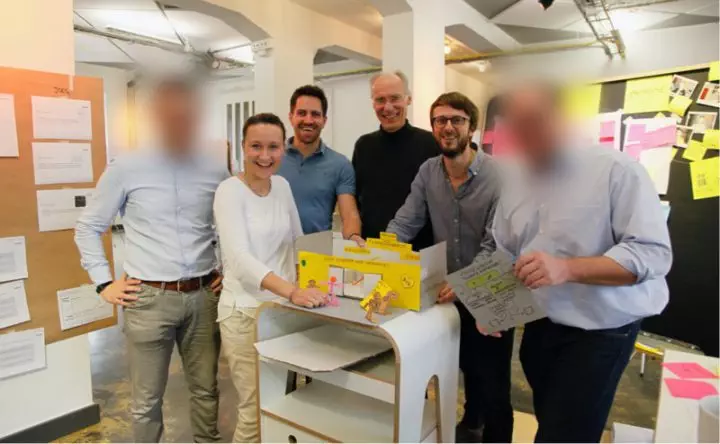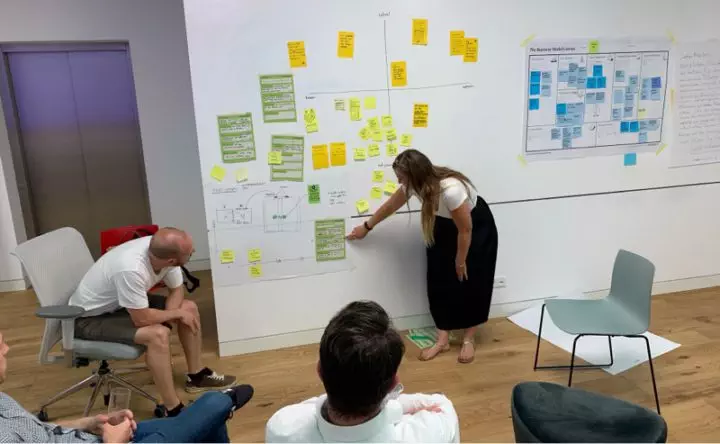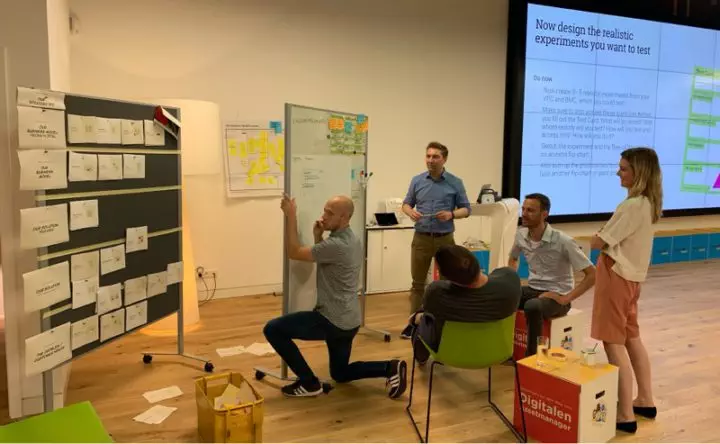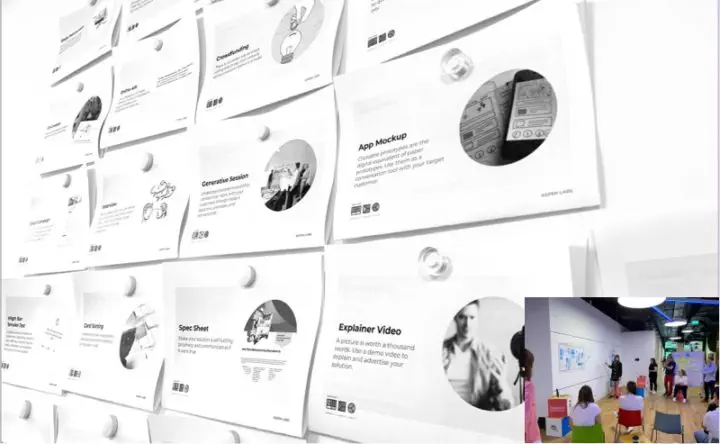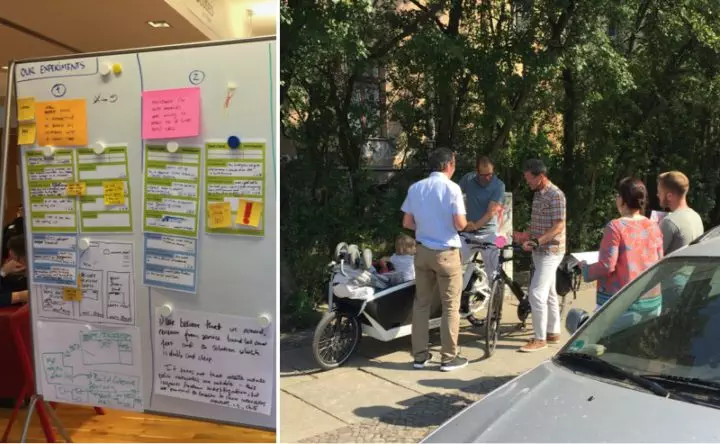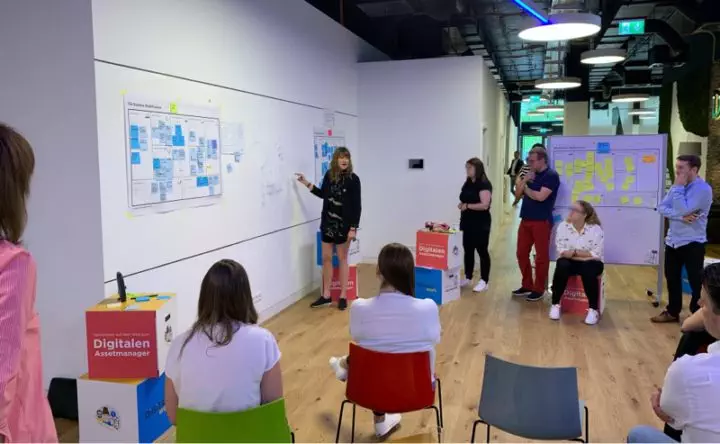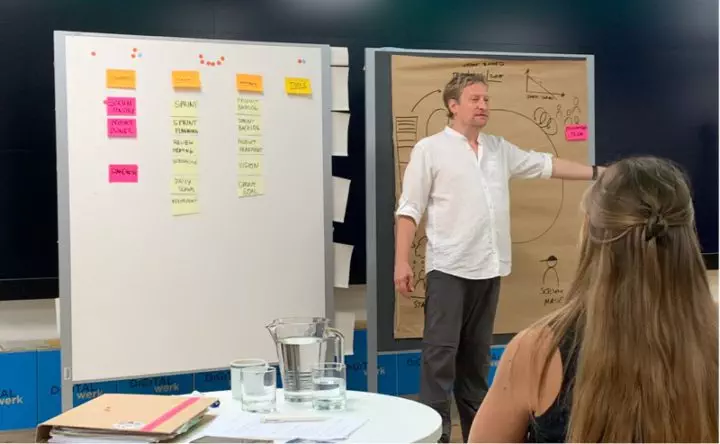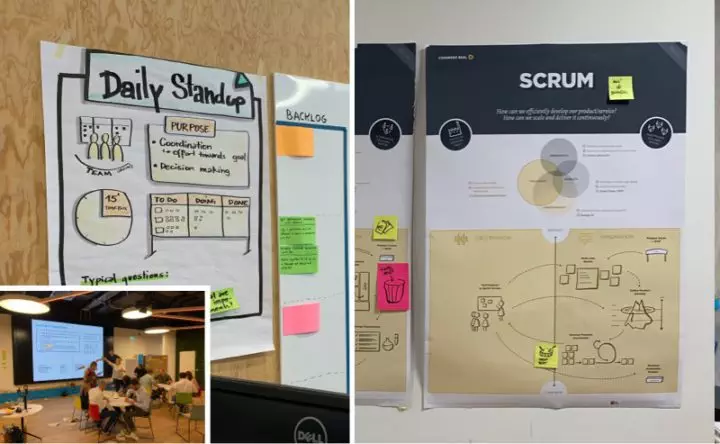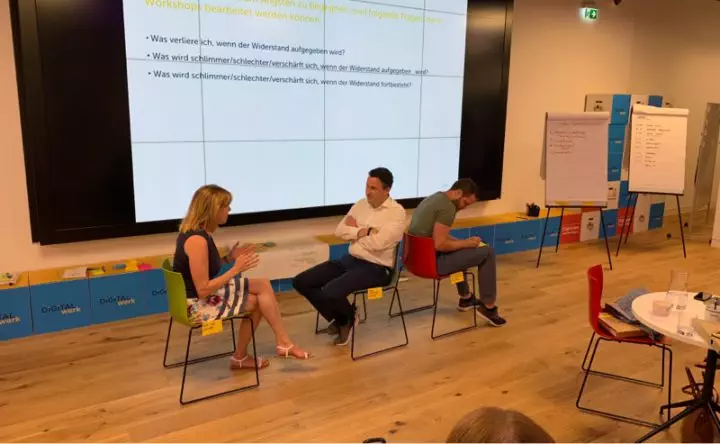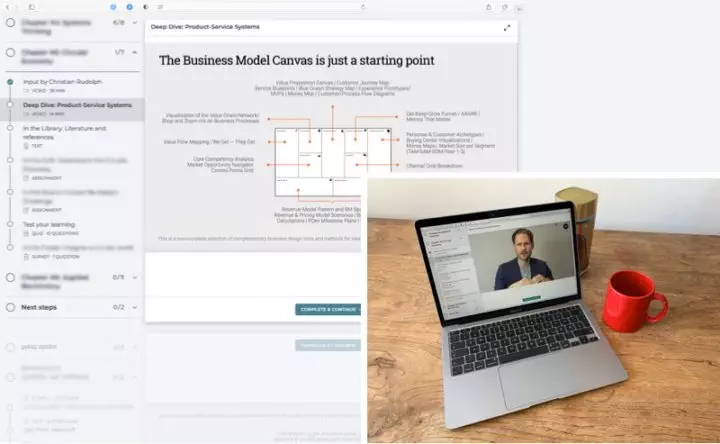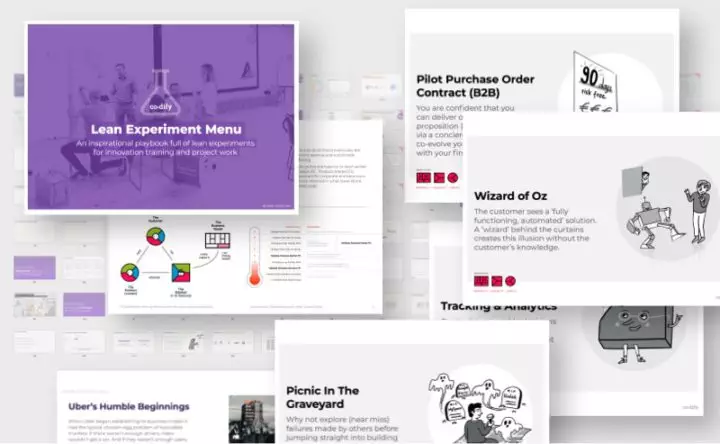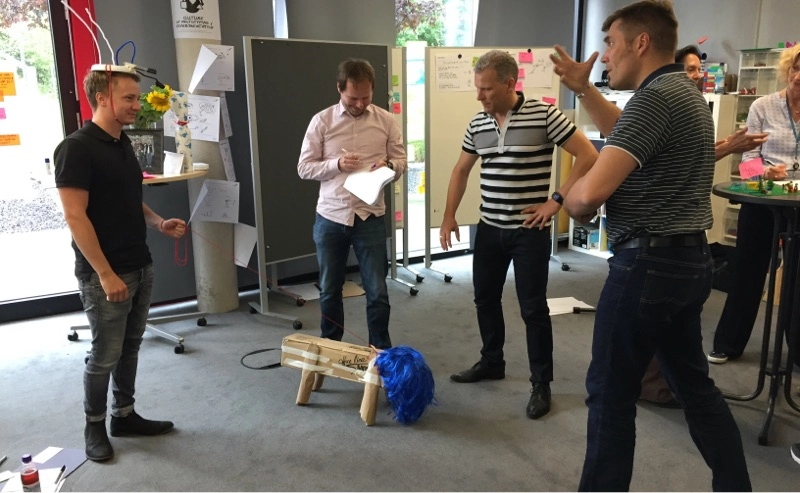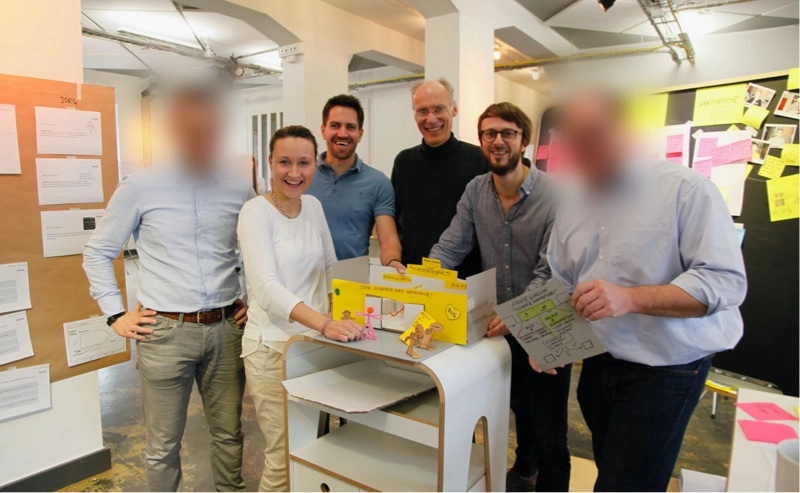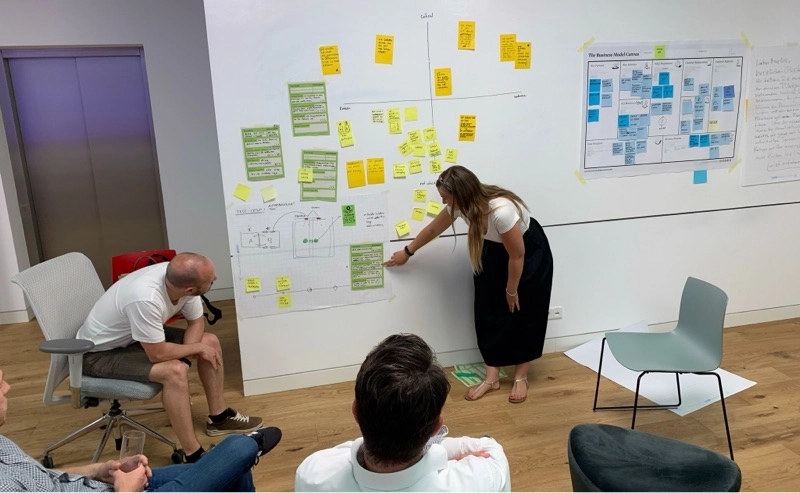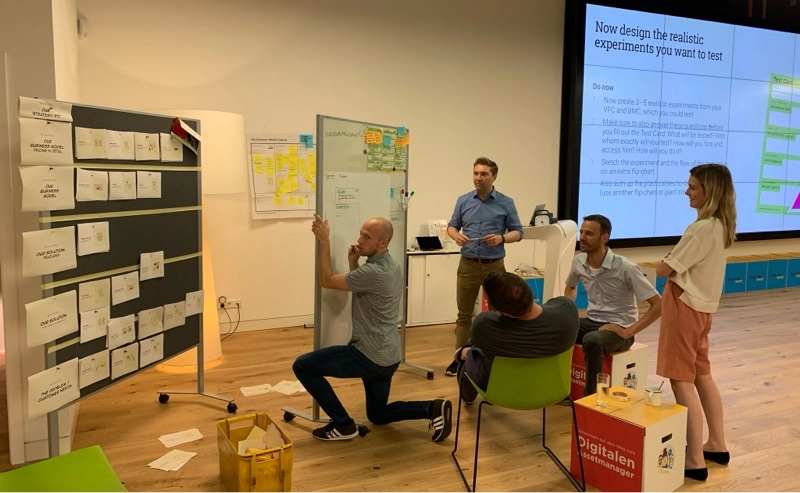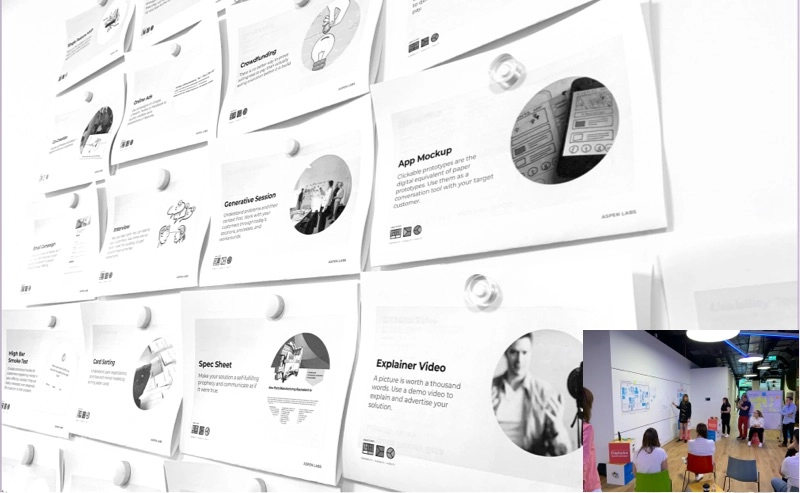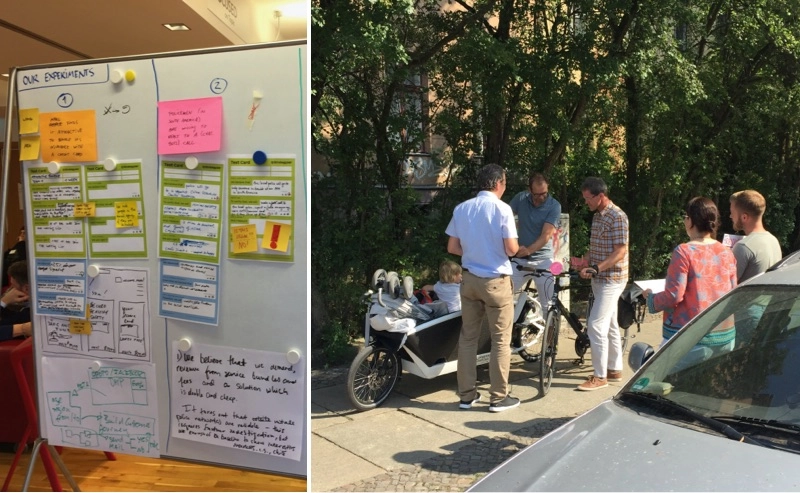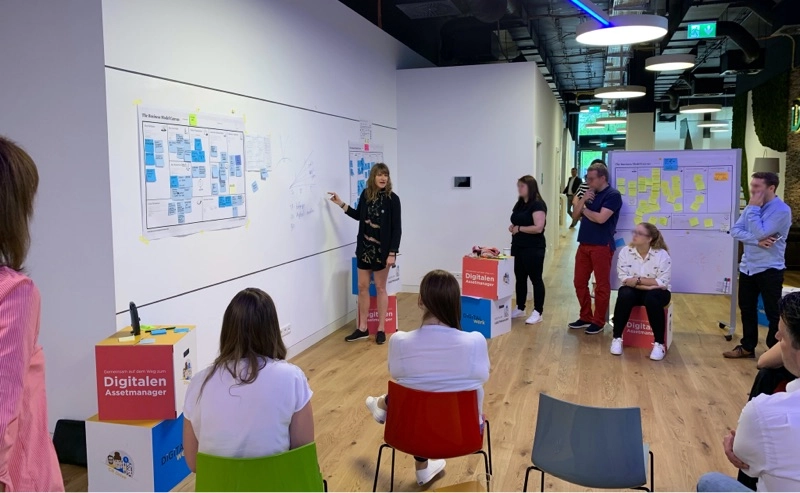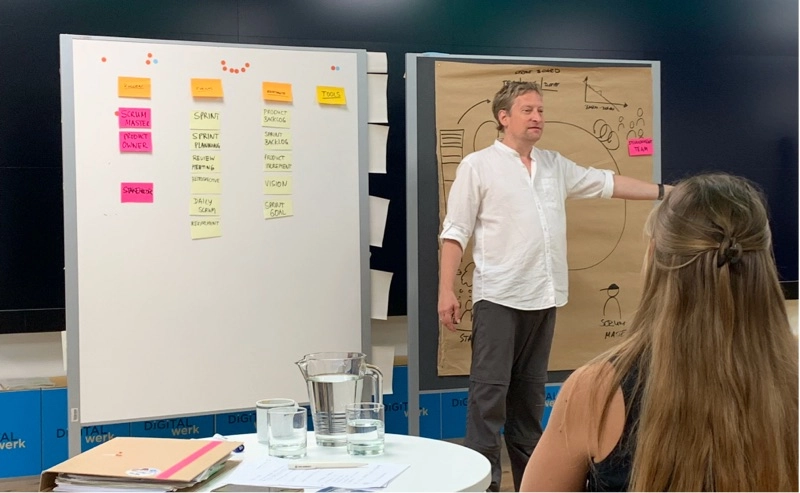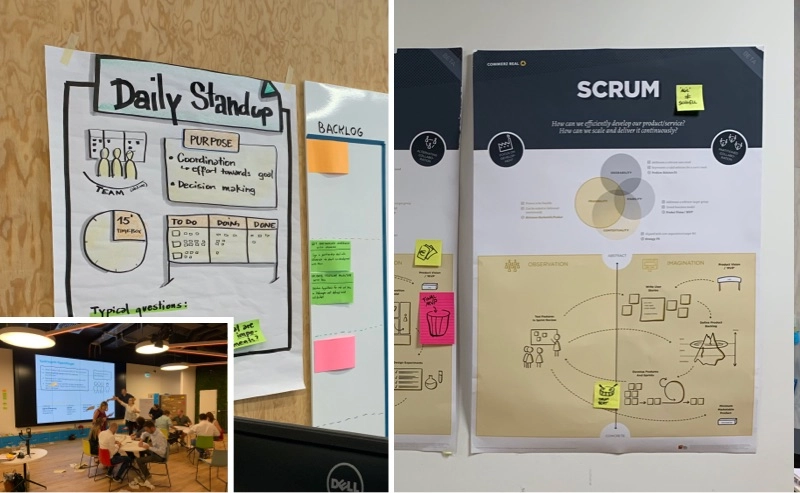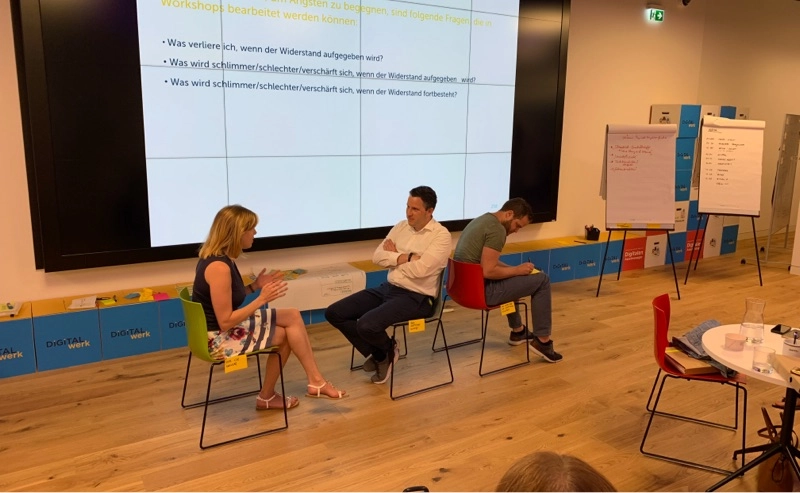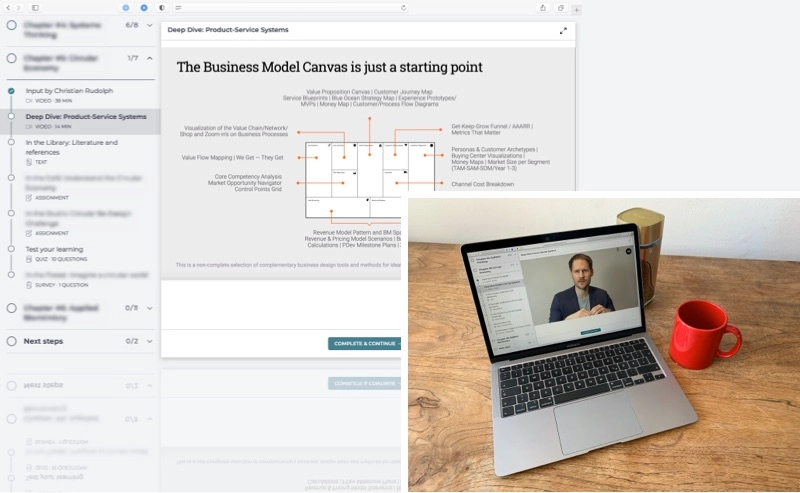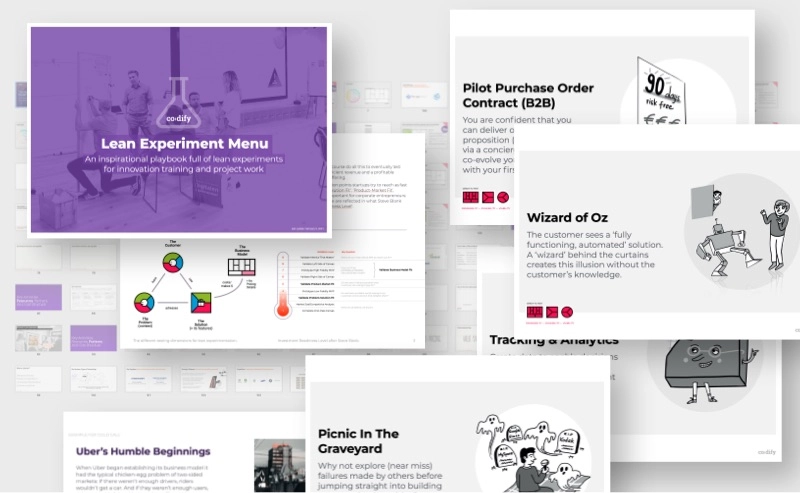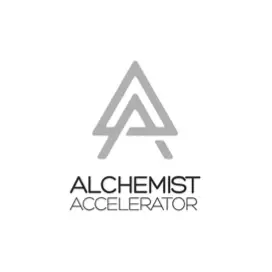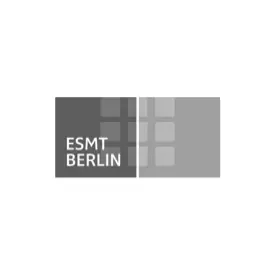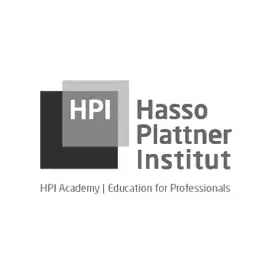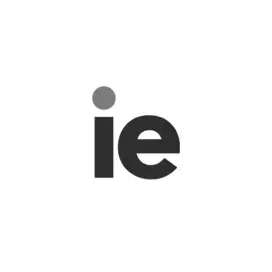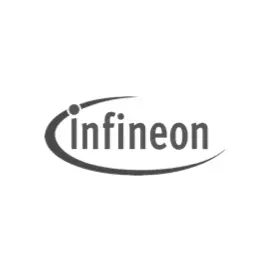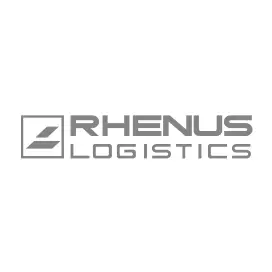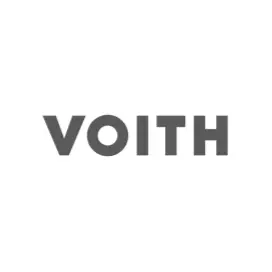What it is
The »Lean Innovation Intrapreneurship Program« is a three-week (twelve to fifteen days) learning experience on customer-centric and experiment-driven business model innovation. Participants will learn to develop a product or service innovation with the help of customer discovery and how to create and validate a business model around it (‘Business R&D’).
Besides learning the most important theories and practical methods from design thinking and Lean Startup, participants will also reflect on what this kind of ‘agile’ working means for their innovation practice. Eventually, they will also learn about state-of-the-art innovation management and how to create the right environment (org culture, structure and processes) to make human-centric teamwork and business model innovation thrive.
Why it is needed
The innovation practice in most organizations as we encounter them is still very “waterfall-ish”. Furthermore, people struggle to connect the dots between the different agile innovation approaches. Knowledge about the latter often resides with just a few ‘innovation champions’ who are overwhelmed by the demand of training and information-seeking from the rest of the organization as they are busy pushing their own projects through. They also have little didactic skills and have a hard time bringing across what they actually do. We have both, experience from design/innovation practice as well as deep expertise in project-based teaching and learning design.
Why our customers love it
The safe training environment takes out pressure and makes learning a playful, thus more reflective and sustainable, experience. This makes it easier to apply the concepts in your first own projects during or after the course. The program has a core curriculum, which basically consists of our most important masterclasses. It can be complemented with flexible add-in modules, depending on your organization’s needs and the (innovation) maturity of the teams who will join the program.
Possible Variations of the Program
The program can be tailored to your needs. It can also be run in a so-called “Hack and Attack” mode, where we guide your teams (as well as external thinkers and doers from the startup scene) to analyze and attack your business model by coming up with a better one. By the end of the program your teams will present you how they might disrupt your existing core business. They will also show first proof how and why this is possible.
Book an initial free consultation. We will be happy to guide you through this program’s details and assess whether it is right for your current situation.
Book Demo »